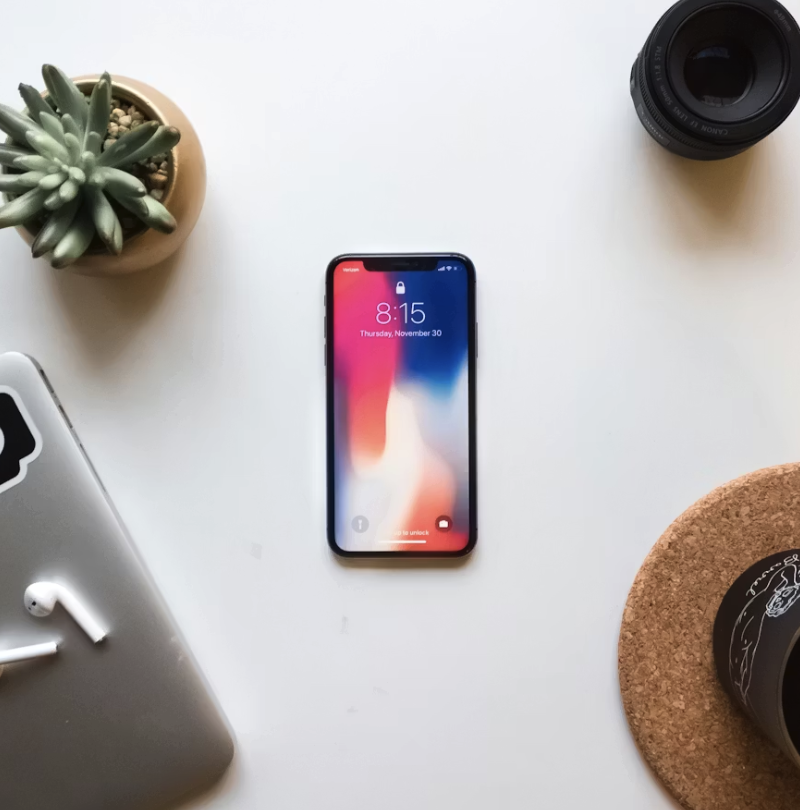How to Prepare for a Phone Screen: The Ultimate 15-Minute Checklist

Passed the resume check? Now comes the phone screen. Learn how to prepare for a phone screen with this cheat sheet covering questions, environment, and red flags.
Congratulations! You applied, and a recruiter wants to chat. This is the Phone Screen—the gatekeeper stage of the hiring process.
While these calls are usually short (15-30 minutes), many qualified candidates fail here because they take it too lightly. They assume it's just a "casual chat" or a formality. It isn't.
Knowing how to prepare for a phone screen is essential. The recruiter's job is to filter out candidates. If you don't pass this round, the hiring manager will never see your portfolio, no matter how talented you are.
Phone Screen vs. Hiring Manager Interview
Before preparing, you must understand the goal of this specific call.
- The Hiring Manager Interview tests your depth (Can you do the job technically?).
- The Phone Screen tests your fit (Are you professional? Is your resume accurate? Can we afford you?).
Recruiters are primarily checking for four things:
- Availability: Can you start when they need you to?
- Budget: Are your salary expectations within their range?
- Interest: Do you actually know what the company does?
- Communication: Can you articulate your background clearly?
The "Cheat Sheet" Strategy (Your Secret Weapon)
Since this is a phone or remote video call, you have a massive advantage over an in-person interview: You can use notes.
Open a document on your screen (or print it out) with the following three sections:
1. The "Why Us" Section
Recruiters always ask: "What do you know about us?" or "Why did you apply?"
- Preparation: Spend 10 minutes on their website and LinkedIn page.
- The Cheat Sheet: Write down 2 sentences about their mission or recent news.
- Script: "I saw you recently raised Series B funding to expand into the European market. I’ve worked with international teams before, and I want to be part of that specific growth phase."
2. The "Keywords" Section
- Preparation: Scan the Job Description (JD). Highlight the top 3 repeated skills (e.g., "Python," "Agile," "Stakeholder Management").
- The Cheat Sheet: List these words clearly. Ensure you verbally mention these specific words when describing your past experience. This helps the recruiter mentally check off boxes.
3. The "Logistics" Section
Be ready for the tactical questions so you don't stutter.
- Salary: Have a researched range ready (e.g., "$100k - $120k").
- Start Date: "I have a 2-week notice period."
- Location: "I am open to relocating/I am looking for remote only."
Top 3 Questions You Will Be Asked (And How to Answer)
1. "Why are you looking to leave your current job?"
- The Trap: Don't be negative. Do not badmouth your boss.
- The Fix: Focus on "pull" factors (future), not "push" factors (past).
- Script: "I've learned a lot at my current role, but I've hit a ceiling in terms of technical challenges. I'm looking for a place where I can tackle more complex distributed systems, which is why this role appealed to me."
2. "Tell me about your experience with [Skill X]."
- The Strategy: Keep it high-level but specific.
- Script: "I have 4 years of experience using [Skill X]. Most recently, I used it to build [Project Y], which resulted in [Result Z]."
3. "Do you have any questions for me?"
- The Rule: Never say "No." It shows a lack of curiosity.
- Ask: "What does the rest of the interview process look like?" or "Why is this position open now—is it a new role or a backfill?"
Virtual Interview Etiquette: Don't Let Tech Fail You
Most "phone screens" are now Zoom or Google Meet calls. Your digital presentation matters.
- Audio Quality is King: Use headphones. Laptop microphones often pick up echoes or typing sounds.
- Lighting: Don't sit with a window behind you (you will look like a shadow). Face the light source.
- Eye Contact: Look at the camera, not your own face on the screen.
- Notifications: Turn off Slack, iMessage, and phone notifications on your computer. A "ding" in the middle of an answer breaks your flow.
FAQ: Phone Screens
Q: Should I send a thank you note after a phone screen? A: Yes. Keep it short and sweet. "Thanks for the chat, I enjoyed learning about the team. Looking forward to the next steps." It keeps you top-of-mind.
Q: Is it okay to ask about salary in the phone screen? A: Yes, the phone screen is the best time to ask. You don't want to go through 5 interviews only to find out the pay is 50% of what you need. Ask: "Could you share the budgeted range for this role?"
Conclusion
The phone screen is yours to lose. By creating a cheat sheet and preparing your environment, you transform anxiety into confidence.
📊 Manage Your Pipeline Like a Pro
If you are actively looking, you might have 5, 10, or even 20 phone screens in a month. It gets messy quickly, and forgetting a detail can cost you an offer.
Don't let opportunities slip through the cracks. Use ManyOffer's Job Tracker to organize your pipeline. Log notes from every phone screen, set reminders for follow-ups, and visualize your progress from "Applied" to "Offer Accepted."


